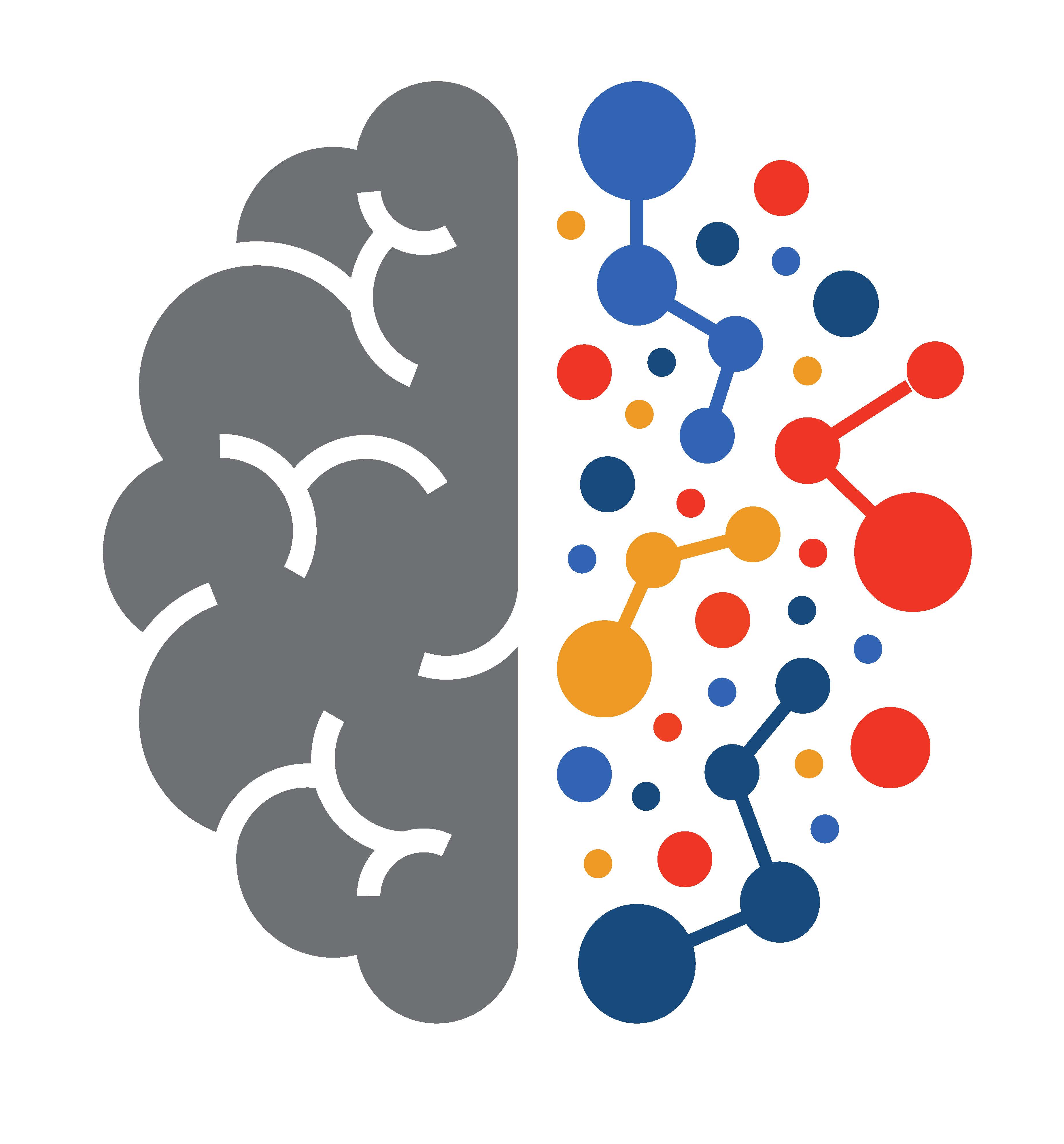ALZHEIMER’S DEMENTIA & OTHER RELATED DEMENTIAS
An Evidence Based Update on Collaboration, Early Detection, & Cause of Death
 Join Us For a Free Virtual Conference on May 3 - 7, 2021
Join Us For a Free Virtual Conference on May 3 - 7, 2021
This conference is a high level continuing education curriculum. It features a five module provider curriculum geared towards primary health care providers, but it is applicable to any interprofessional discipline or support staff for providers. Attendees can earn up to 6 CME* credits.
Conference Goal: To increase the early diagnosis and detection of Alzheimer’s Disease and other Related Dementias by primary care providers across Tennessee.
Conference Objectives:
1. Present current standards of best practice related to the evaluation and treatment of Alzheimer’s Disease and other related dementias (ADRD) from an interprofessional approach.
2. Review the framework, tools, and resources for early detection and diagnosis of ADRD.
3. Analyze guidelines for completing death certificates for those with ADRD.
4. Collaborate with participants to identify opportunities to further engage primary care providers.
May 3, 2021 at 12:00 - 1:00 pm EST
Module I: Alzheimer’s Disease & Other Related Dementias: Early Detection & Diagnosis
Berneet Kaur, MD, MAS, Erlanger Health System, Neurologist, Director, Memory and Aging Service
Objectives:
1. Define the types of dementia and early signs and symptoms.
2. Review standards of best practice to reduce modifiable risk factors and screen for cognitive impairment.
3. Discuss what elements of a physical exam and diagnostic testing should be performed prior to a referral to
neurology and how to interpret them.
May 4, 2021 at 12:00 - 1:00 pm EST
Module III: Interprofessional & Community Collaboration in ADRD
Kristi Wick, DNP, FNP-BC, GS-C, Vicky B. Gregg Chair of Gerontology, Assistant Professor, UTC School of Nursing
Objectives:
1. Describe the value of integrating interprofessional roles into clinical practice.
2. Demonstrate the importance of addressing legal issues in the early stages of dementia.
3. Introduce national, state, and local resources pertinent to dementia for providers, persons living with dementia and their caregivers.
4. Discuss the importance of research participation.
May 6, 2021 at 12:00 - 1:00 pm EST
Module V: CPT® 99483: Cognitive Assessment & Care Plan Services
Betsy Reed, Health Systems Director, Alzheimer’s Association
Objectives:
1. Describe the benefits of early diagnosis and care planning.
2. Identify the required elements for CPT® 99483 Cognitive Assessment and Care Plan Services.
3. Assess how to implement care planning for cognitively impaired patients in the clinical setting.
May 3, 2021 at 1:00 - 2:00 pm EST
Module II: Community Care of the Neurodegenerative Dementias
Monica Crane, MD, Genesis Neuroscience Clinic, Medical Director
Objectives:
1. Review the most common subtypes of neurodegenerative dementia syndromes.
2. Clarify care needs for each major type of neurodegenerative dementia.
3. Discuss the pharmacological management for primary care management of the following: Depression, Cognitive Impairment, Psychosis and Sleep Difficulties
4. Identify Resources for the Dementias.
May 5, 2021 at 12:00 - 1:00 pm EST
Module IV: Death Certificates: Older Adult Death & Accurate Reporting of Alzheimer’s
Disease
Adele Lewis, MD, Chief Medical Examiner
Objectives:
1. Present current statistics related to determining causes of death and correct completion of the death certificate.
2. Explain the process for determining the correct cause of death.
3. Discover strategies to determine the role of ADRD in cause of death and accurately complete the death certificate.
May 7, 2021 at 12:00 - 1:00 pm EST
Module VI: Addressing Barriers to Care & Health Policy Opportunities
Patti L. Killingsworth, Chief of Long-Term Services & Supports, Bureau of TennCare &
Laura Thornhill, Senior Associate Director, Regulatory Affairs, Alzheimer’s Association, Alzheimer’s Impact Movement
Objectives:
1. Provide a review of current and proposed legislation regarding the health care of persons with ADRD and their caregivers.
2. Allow participants to engage in a collaborative discussion to identify current barriers to health care and develop talking points for legislative reform.

This activity has been planned and implemented in accordance with the accreditation requirements and policies of the Accreditation Council for Continuing Medical Education (ACCME). The Tennessee Medical Association is accredited by the ACCME to provide continuing medical education for physicians. The Tennessee Medical Association designates this for a maximum of 6 AMA PRA Category 1 Credit(s)™. Physicians should claim only the credit commensurate with the extent of their participation in the activity.


